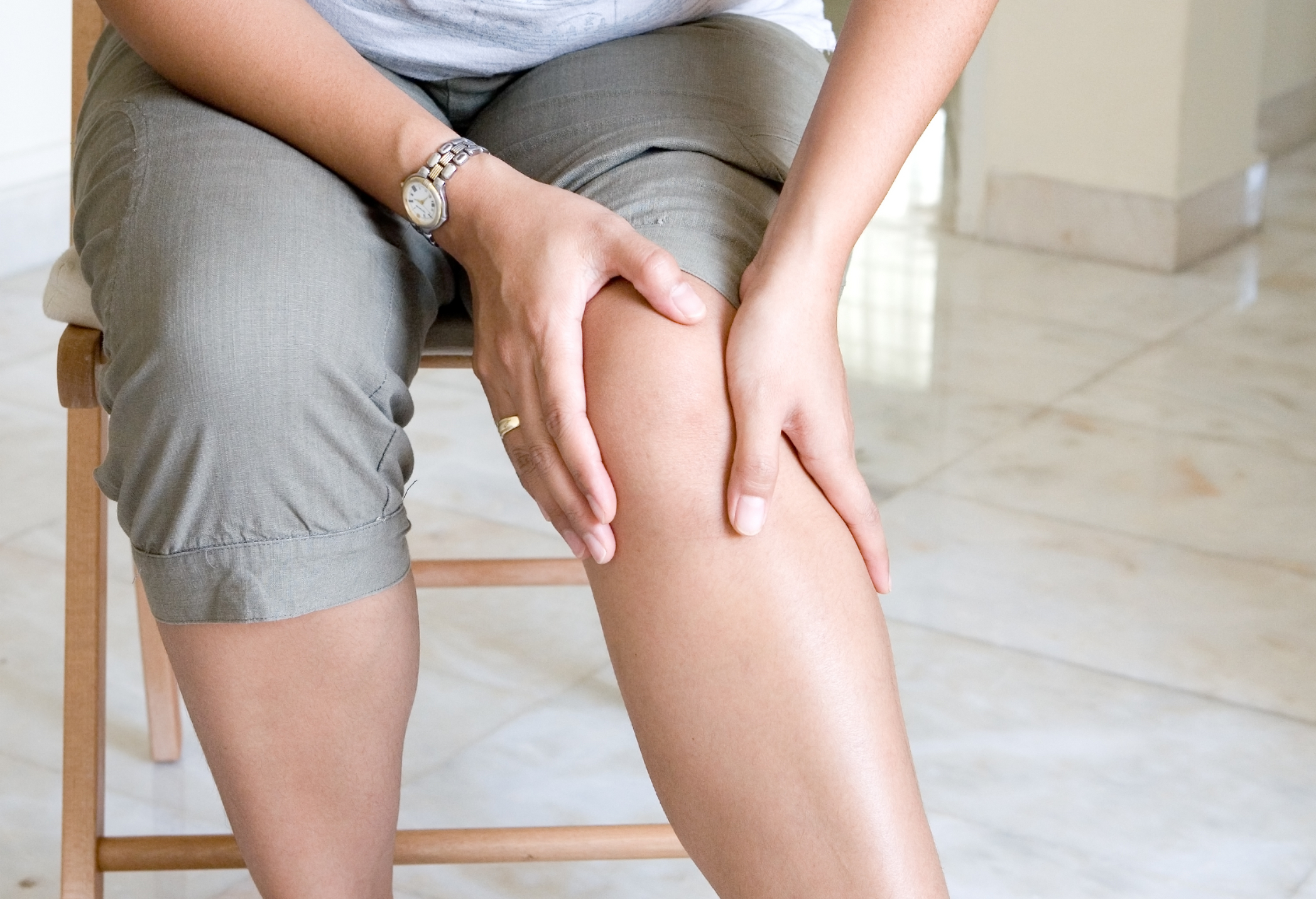Knee pain among people of all ages has been a common complaint. Knee pain can interfere with your daily activities. It can become a lifelong problem for others.
Knee arthritis is a gradual condition that causes more harm over time. The joint surface appears to be abraded and the area is damaged by bone loss. This causes deformity to increase.
The ligaments have an irregular tension, which eventually extends and contributes to joint instability. The deformations grow closer and tighter, which leads to erratic and irregular behavioural patterns.
Dr Kaushal Kant Mishra, Director, Joint Replacement and Orthopaedic, Fortis Escorts Hospital, talks about all you need to know about knee arthritis and some home remedies to control your knee pain.
What is knee arthritis?
Arthritis is an inflammation of one or more joints. The main symptoms of arthritis are discomfort, swelling, and stiffness. While any joint in the body can suffer from this disease, it is more common in the knee.
Arthritis in the knee can make it difficult to perform certain day-to-day tasks, including foot or steps. The degeneration of knee articular cartilage, a flexible and slippery material, normally protects bones from joint friction and impact, defines knee osteoarthritis.
This condition also affects the bone below the cartilage and may damage the surrounding soft tissues.
Is It Safe To Delay Knee Replacement Surgery?
Many people delay the procedure until movement and discomfort are insupportable. The need for a knee replacement also takes time to cope.
Operation is a big deal, after all. The ideal time for surgery varies from person to person, but excessive delay may compromise the procedure, ultimately affecting the longevity of implants.
When a doctor or surgeon suggests surgery, they will explore the pros and cons, and discuss them with you before helping you make the decision.
Risks associated with a delay in knee substitution often include joint degradation, increased discomfort, and loss of mobility. First, a surgeon will try first less invasive, non-surgical methods, depending on the seriousness of the joint disease.
YOU MAY LIKE TO READ: Maintaining Healthy Weight: A Key to Maximise Lifespan of Knee Replacement
What are some home remedies to cure knee pain?
- Walking- Walking is the easiest way to switch from inactivity to activity, even if you experience arthritis in a strong articulation such as your knee or hip. Walking is a low-impact exercise, which can help alleviate discomfort, steepness, and swelling of arthritis.
- Massaging- Massaging is a perfect way to alleviate knee symptoms. Use essential oil to rub your knees. Essential ginger oils are nice to get rid of knee pain. Stiffness is released and pain is minimized in the affected section.
- Heat compresses– The effects of knee pain will improve with heat compresses. However, the condition depends on the type of pain that you experience. If there is inflammation then you can stop heat compresses as it can make the condition worse. The best approach to chronic pain is heat care, such as arthritis.
- Physiotherapy- Physical treatment can help to minimize knee osteoarthritis pain, swelling and stiffness, and may improve the functionality of the knee. It can make walking, bending, kneeling, squatting, and sitting easier.











